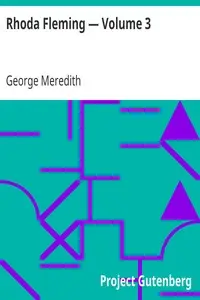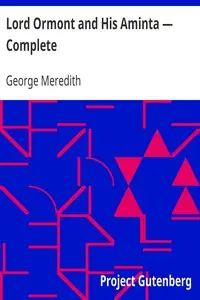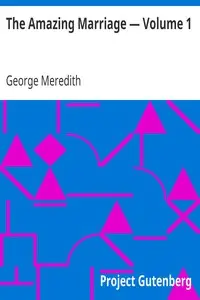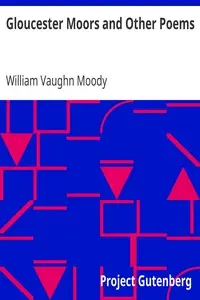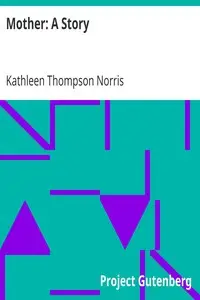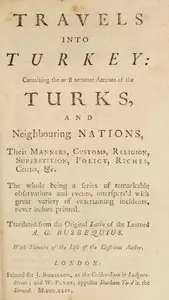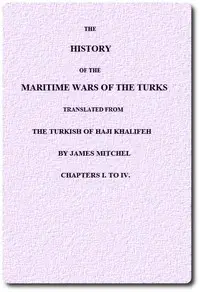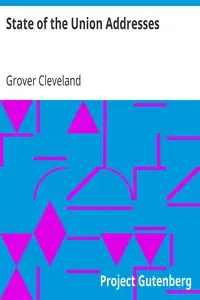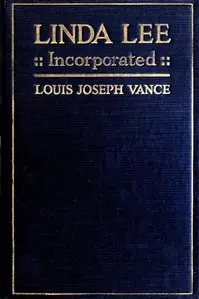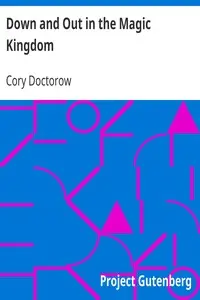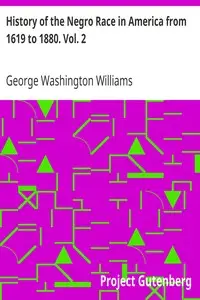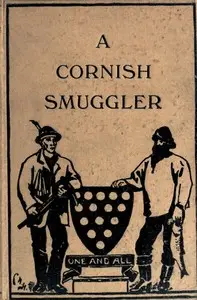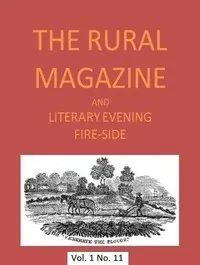"Evan Harrington — Volume 4" by George Meredith is a novel written in the late 19th century. This installment of the narrative centers on the complex dynamics among characters including Evan Harrington, a protagonist seeking his identity amid social expectations, the Countess de Saldar, and other prominent figures entangled in romance and intrigue. The book explores themes of love, class, and ambition within a rich social tapestry, characteristic of Meredith's literary style. The opening of the volume introduces readers to the immediacy of social maneuvering and emotional tension. The narrative begins with a letter from the Countess, revealing her tumultuous thoughts regarding societal affairs, familial ties, and her involvement in the lives of other characters, including the fallout from recent events surrounding a horse race. As the characters navigate their personal relationships, the story reflects on the implications of their actions and the lingering specters of past confrontations, particularly involving Evan’s precarious position within a society that both elevates and threatens him. Ultimately, this opening establishes a foundation for subsequent events that will unfold around the intersecting desires and conflicts of these characters. (This is an automatically generated summary.)
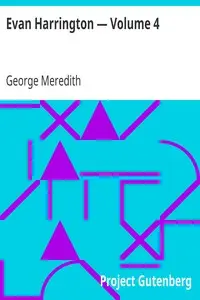
Evan Harrington — Volume 4
By George Meredith
"Evan Harrington — Volume 4" by George Meredith is a novel written in the late 19th century. This installment of the narrative centers on the complex ...
George Meredith was an English novelist and poet of the Victorian era. At first, his focus was poetry, influenced by John Keats among others, but Meredith gradually established a reputation as a novelist. The Ordeal of Richard Feverel (1859) briefly scandalised Victorian literary circles. Of his later novels, the most enduring is The Egoist (1879), though in his lifetime his greatest success was Diana of the Crossways (1885). His novels were innovative in their attention to characters' psychology, and also portrayed social change. His style, in both poetry and prose, was noted for its syntactic complexity; Oscar Wilde likened it to "chaos illumined by brilliant flashes of lightning". Meredith was an encourager of other novelists, as well as an influence on them; among those to benefit were Robert Louis Stevenson and George Gissing. Meredith was nominated for the Nobel Prize in Literature seven times.

